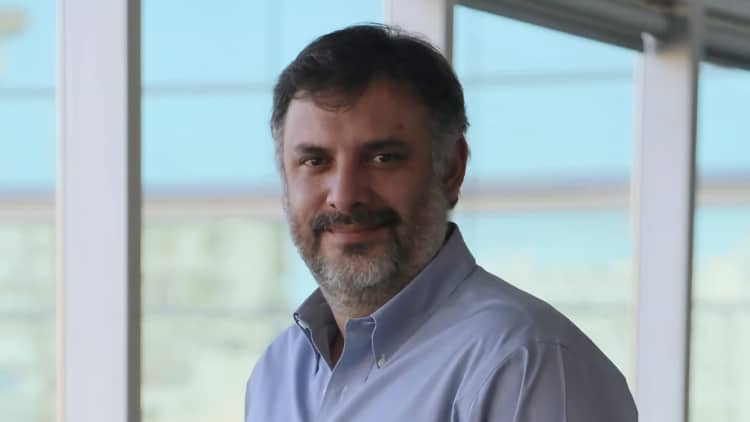Eduardo González
The Minister of Foreign Affairs, José Manuel Albares, will meet next week in Stockholm with his counterpart of the Russian Federation, Sergey Lavrov, Moscow informed yesterday.
The spokeswoman of the Russian Foreign Ministry, Maria Zakharova, assured yesterday at a press conference that Lavrov will hold several bilateral meetings on the margins of the XXVIII Ministerial Council of the Organization for Security and Cooperation in Europe (OSCE), which will take place on December 2-3, 2021 in the capital of Sweden.
During this meeting, she said, ways to resolve several conflicts in the OSCE sphere that are of particular interest to Russia, such as those in eastern Ukraine, Transnistria and Nagorno-Karabakh, will be discussed. The situation in Afghanistan, a country that has had the status of an OSCE Asian Partner for Cooperation since 2003, will also be discussed. Apart from that, Moscow will propose a statement against the use of the Internet for terrorist purposes.
“On the sidelines of the Ministerial Council meeting, bilateral meetings of Sergey Lavrov with ministers of several participating States, OSCE leaders and other international organizations are planned,” the spokeswoman continued. Among them, “meetings with the foreign ministers of Spain, Serbia and Austria, the OSCE Secretary General and the EU High Representative for Foreign Affairs and Security Policy,” Josep Borrell, have already been confirmed,” added Zakharova, who could not give further details about these meetings because they are “at the preparatory stage.
Foreign Ministry sources consulted yesterday by The Diplomat could not confirm this meeting, which will be the first between Lavrov (in office since 2004) and a head of Spanish diplomacy in the last three years. The last face-to-face meeting took place in Madrid – with then Minister Josep Borrell – in November 2018, in the midst of political controversy following Madrid’s accusations against Moscow for its alleged interference in the Catalan conflict and for the dissemination of fake news from Russian media. Apart from that, the previous minister, Arancha González Laya, had a telephone conversation with her Russian counterpart in November 2020, in which both committed to promote, as soon as possible, the holding of the next session of the Joint Intergovernmental Commission for Spanish-Russian Economic and Industrial Cooperation, the body that governs institutional relations in the economic field and whose last meeting was held in Madrid in May 2017.
In the middle of last September, Albares harshly criticized the “attempts of external forces” to “weaken” European democracy, in response to a question from the press about alleged links between the entourage of the former president of the Generalitat of Catalonia Carles Puigdemont and several officials and former Russian Intelligence agents, including the grandson of a KGB spy. A few days earlier, the European Parliament had called for an investigation into this affair, unveiled by The New York Times.
Another point of bilateral friction occurred last February, when Lavrov compared, after meeting with Borrell in Moscow, the situation of the imprisoned Russian opposition leader Alexei Navalni with the case of “the Catalan pro-independence leaders”, who “are in prison for organizing a referendum”. Days later, Arancha González Laya declared that “Spain is one of the 23 full democracies in the world, and there are only 23”, while “Russia is ranked 124th out of 167 countries”.
The interview between Albares and Lavrov will also coincide with Spain’s decision to reduce its purchases of Russian gas (Russia did not export a single barrel to Spain last September, for the first time so far in 2021), amid rising diplomatic tensions between Vladimir Putin’s government and the European Union over natural gas supplies and the migration crisis on the Polish-Belarusian border. The EU Foreign Affairs Council last July (in the midst of a ministerial reshuffle in Spain and in which, therefore, Albares did not participate) approved the extension by six months – until January 31, 2022 – of sanctions on certain specific economic sectors of Russia for non-compliance with the Minsk agreements on Ukraine.







